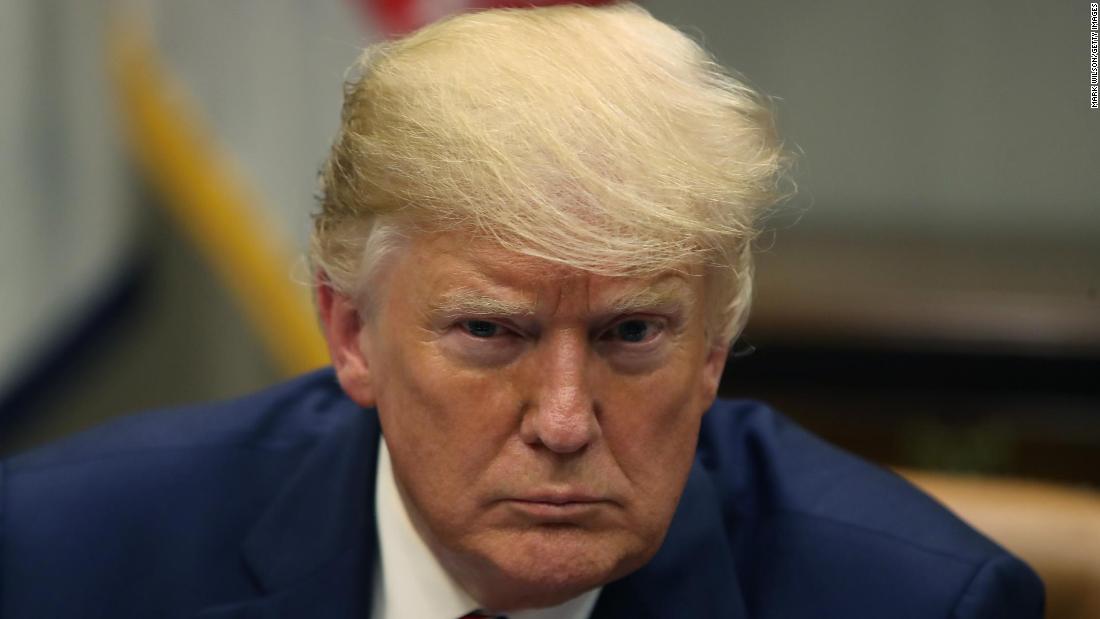
The President signed an executive order directing each agency to "terminate at least one-third of its current" advisory committees by the end of September.
The order comes as the administration seeks to overhaul the way federal decisions are made and to overturn many decisions of its predecessors, particularly Obama-era environmental rules.
Early in his administration, Trump directed agencies to repeal two regulations for every new one created, and his Office of Management and Budget has asserted new authority over traditionally independent agencies. Most recently, the Forest Service proposed a system to streamline its environmental review process that would eliminate from many decisions the current avenues for public input.
The federal advisory committee system was formed in the 1970s to provide structure and greater transparency around the government's job of seeking expert advice. There are around 1,000 advisory committees reporting to more than 50 government agencies, according to the General Services Administration, and there are firm guidelines around announcing meetings, public access and making records such as meeting minutes publicly available.
Advisory committees provide expertise on nearly every issue imaginable -- such as counseling the Department of Homeland Security on chemicals and data privacy or advising the Transportation Department on drones and motorcycle safety.
Experts acknowledge the system is imperfect but say an arbitrary across-the-board cut is a far-from-perfect solution.
The White House did not immediately respond to CNN's request for comment.
"The idea that one-third of these committees is going to go away is very troubling," said Sean Moulton, a senior policy analyst at the Project on Government Oversight, an independent watchdog organization. Moulton once served on a National Archives committee focused on improving the Freedom of Information Act.
"Results are either going to be that we will limit the amount of advice our agencies are getting on these important issues, or by doing this we will drive this advice back into the shadows," he said.
Kirsten Stade, the advocacy director at the nonprofit Public Employees for Environmental Responsibility, said many administrations have stacked too many industry voices on committees.
"But the correct solution is not to do away with advisory committees altogether," she said.
Ian Bassin, an associate White House counsel in the Obama administration who worked on advisory committee issues, said eliminating outdated or ineffective committees could reduce government bloat. But there's also a danger in going too far, he said.
"There's a risk of depriving government of expertise and access to democracy," said Bassin, who is now with the nonprofit advocacy group Protect Democracy.
He noted many committees had been created by Congress to provide a particular type of expertise, and that winding down those may require legislation.
David Verardo, the union president representing employees of the federal National Science Foundation said his agency relies heavily on advisory committees in reviewing science and making grants. A federal database shows the foundation has 52 active advisory committees.
"How do you maintain what's supposed to be the gold standard in merit review around the world when you have to eliminate a third of the merit review panels?" he said.
Rush Holt, the chief executive of the American Association for the Advancement of Science, criticized the move, saying that "making smart decisions should not be seen as optional or dispensable."
No comments:
Post a Comment